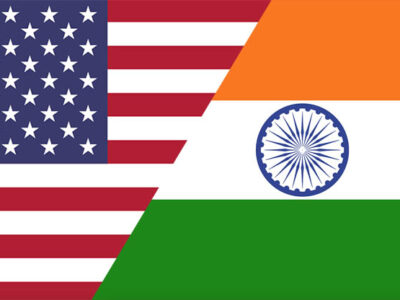Payam Javan: South Korean President Yoon Suk Yeol faced intense political backlash after declaring martial law late Tuesday, a move he reversed just six hours later. The surprise decision, justified by Yoon as a response to “pro-North Korean anti-state forces,” caused chaos as troops temporarily attempted to control the parliament. Lawmakers swiftly countered by unanimously voting to lift martial law. Despite the reversal, opposition parties, led by the Democratic Party, submitted a bill to impeach Yoon, with a vote expected by the weekend. The president’s ruling People Power Party showed signs of internal division, as its leader called for the resignation of the defence minister and cabinet.
Economic Impact and Public Reactions
While life in Seoul appeared normal on Wednesday, the political crisis rattled financial markets. South Korean stocks fell 1.3%, and the won approached a two-year low, prompting government interventions to stabilize markets. Protests are expected to intensify, with the Korean Confederation of Trade Unions planning rallies and strikes demanding Yoon’s resignation. Major employers urged remote work as the U.S. embassy advised avoiding protest areas. Emergency financial measures, including injecting liquidity into markets, were announced by the finance ministry to curb volatility. Meanwhile, impeachment proceedings could lead to a constitutional court trial if the National Assembly passes the motion.
Global Repercussions and Diplomatic Fallout
The crisis disrupted diplomatic activities, with the U.S. urging peaceful resolution and welcoming the rescission of martial law. Planned South Korea-U.S. defence talks and military exercises were postponed, and international leaders, including Sweden’s prime minister and Japan’s parliamentary delegation, canceled visits. NATO expressed confidence in its alliance with Seoul despite monitoring the situation, while Russia described the events as “tragic.” President Yoon, who narrowly won the presidency in 2022, faces a precarious future amid domestic and international scrutiny, compounded by his party’s recent electoral setbacks and parliamentary opposition dominance.









